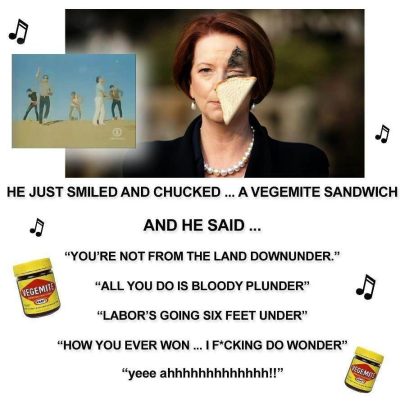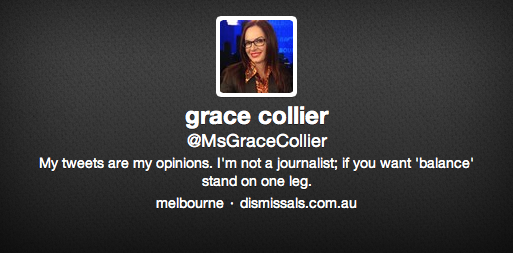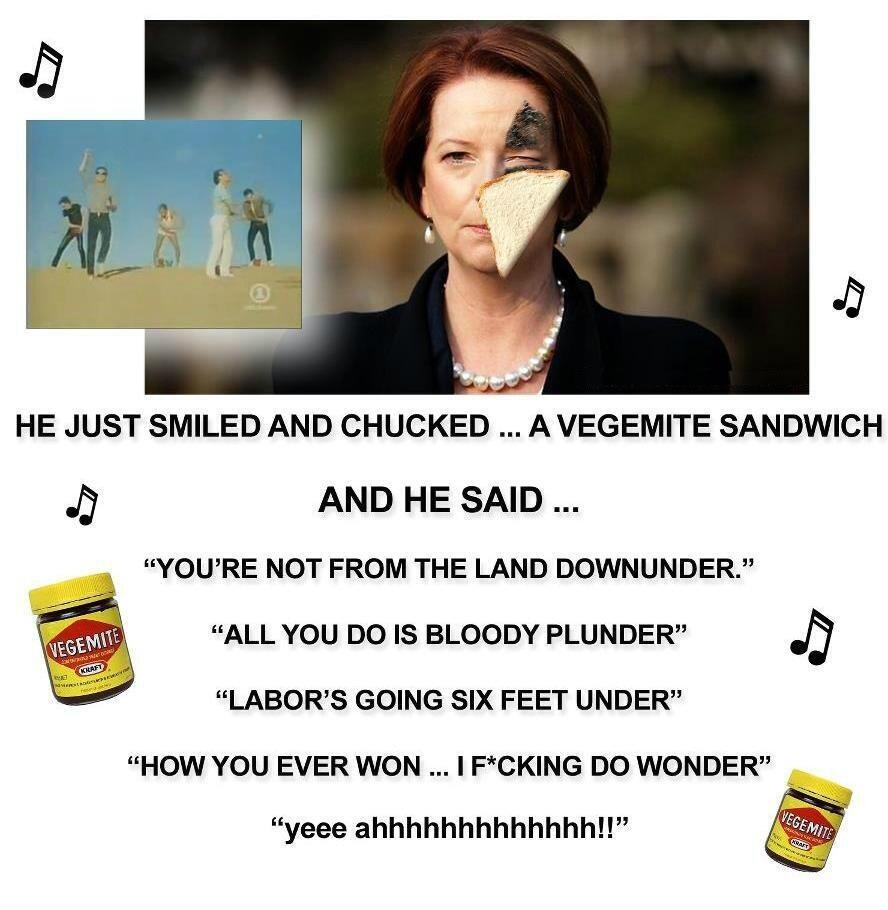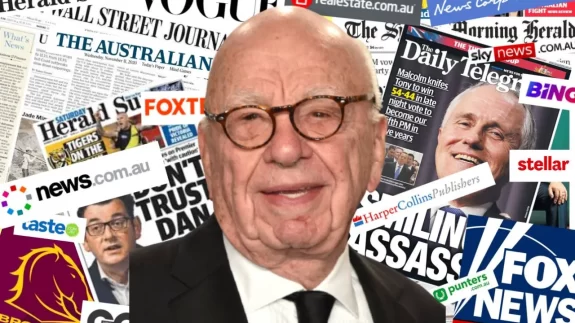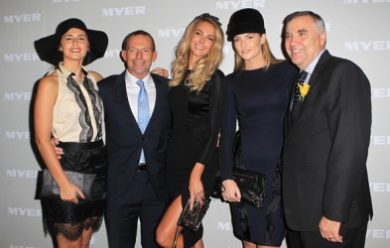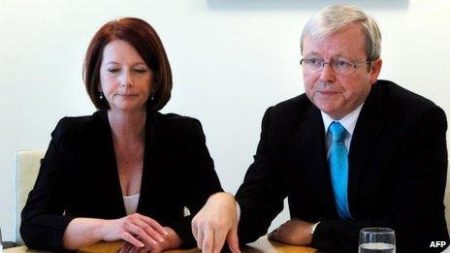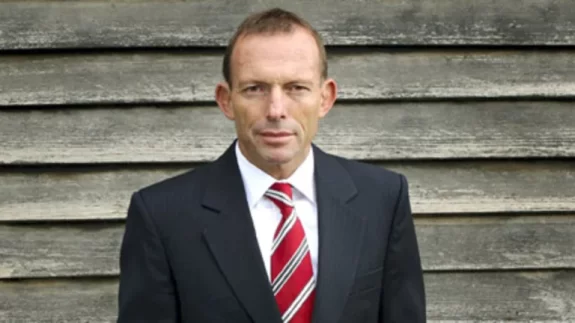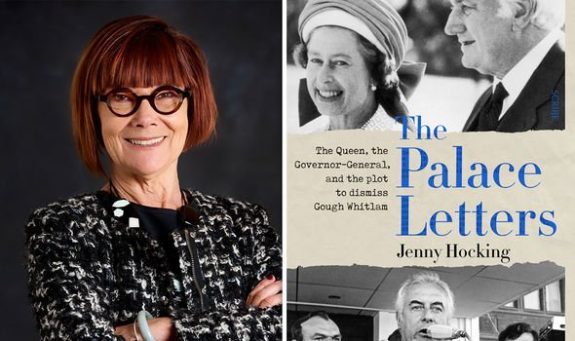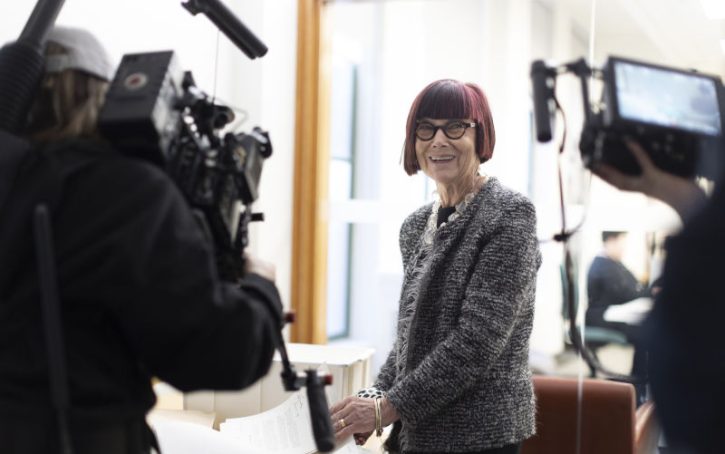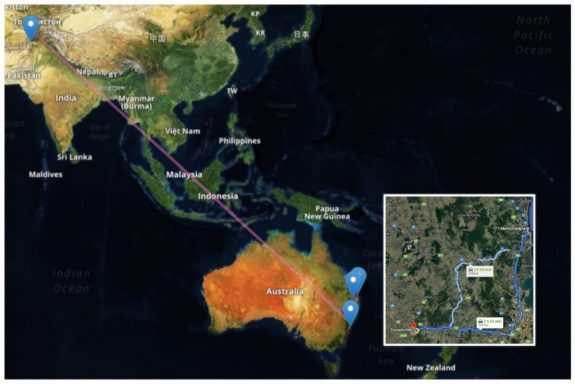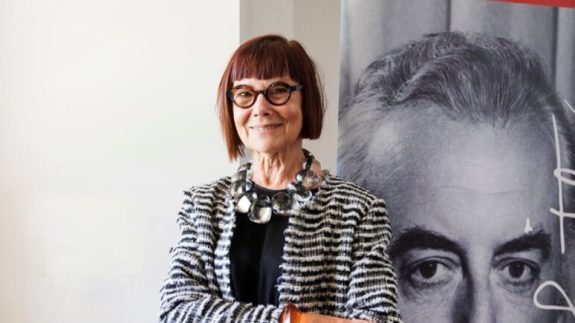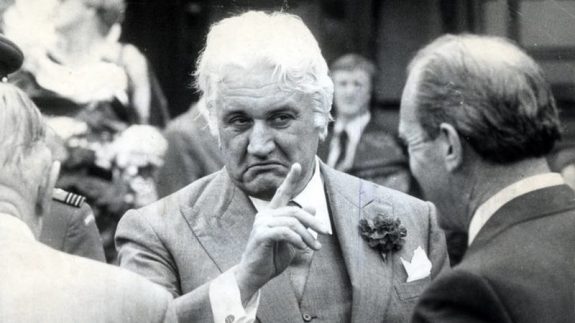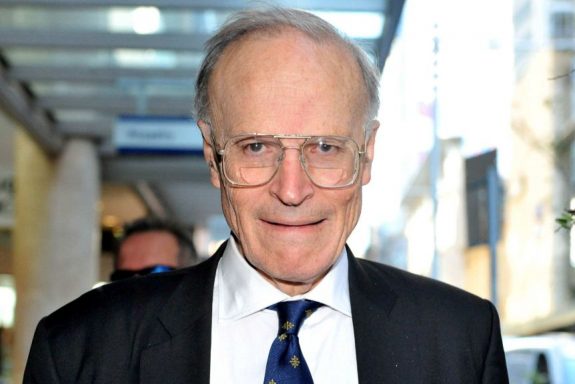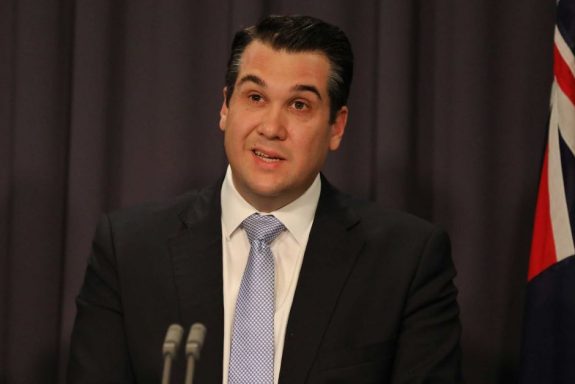By Kirsten Tona
Once upon a time, there was a Kingdom called Dwanaland, comprised of the counties Eastbord, West Hale, and Southchurch.
Every year, the richest best and brightest young princes and princesses of the kingdom would gather in Eastbord, and partake in a series of trials designed to place them in a hierarchy to choose which of them would take up various offices of the Court. It was from this privileged talented group that the eventual King of Dwanaland would come, so the trials were hotly contested. In theory, the ruler could actually be a Queen rather than a King, but that had only ever happened once and had not been deemed a success except by the princesses. This, it was felt, was because princesses were usually more suited to the role of obeying princes than to ruling them. Mostly it was the princes themselves who felt this, what the princesses felt cannot be said for certain because the princes wrote and kept most of the official records; the task of recording history being too important onerous for princesses and liable to damage their wombs. It was felt. By the princes.
But by the year 18888, when Dwanaland considered itself a modern and progressive kingdom, the trials contained a surprising number of highly competitive princesses, most of them with intact wombs.
The princes and princesses gathered as usual in Emeraldcityville, the main city of Eastbord, to take part in the trials. Two of the competitors that year were Princess Catherine of Southchurch, and Prince Christian of West Hale. These two were very evenly matched but in the final trial, a speaking competition, Princess Catherine drew ahead and when the trials came to a close, she was judged the outright winner with Prince Christian a close second.
There was much celebration amongst Prince Christian and Princess Catherine’s friends, and dancing well into the night. People said that one or other of them was bound to be King one day, or Queen of course, all wombs being equal, and both were praised and made much of.
After the dancing, Prince Christian offered to walk Princess Catherine home. Just before they reached the castle they were staying in, he drew her aside and professed his love. The princess was thrilled, for she too harboured these secret feelings.
“Meet me at midnight, at the top of the highest tower,” the prince whispered into her ear, and she shivered, and agreed.
So, later that night, Princess Catherine slipped out of her room and went to meet her prince at the top of the highest tower.
When she got there, he was waiting for her. The light of the full moon streamed in, illuminating the room in silver, and the scent of roses wafted through from the climbing vines at the window. Violin music could be heard from far below.
Her prince stood by the window looking out. “Come and look,” he said, and held out his hand to her, “you can see the lake from here.”
She went to him. He gathered her in his arms. Her face turned up to him, awaiting love’s first kiss. He pushed her out the window.
* * * * *
Many years later, Prince Christian – who by now was high in the line to the throne – received word that King Skum was very ill and not expected to last much longer. The prince hurried to meet with the king’s other advisors, and the succession was discussed in secret meetings in private back rooms throughout the castle. There were only two other rivals for the throne: Prince Friedegg and Prince Potater but both were unpopular with the people: the former for suggesting to the peasants that if they were hungry they should eat more lobster, the latter for attempting to imprison indefinitely all those who disagreed with him on the subject of summary execution for those caught being poor in public. King Skum was also unpopular, mostly for passing a law in secret saying he was not only King of Dwanaland but of all other countries as well including those as yet undiscovered or likely to be imaginary, and that not genuflecting as he passed should punishable by death, preferably by fire ants.
It was felt that Prince Christian was probably the option the people of Dwanaland would consider the least worst, and his succession to the throne was assured. The death of King Skum was a mere technicality at this point, one that could possibly be hastened by a merciful act of medical error. Failing that, he was extremely likely to be soon taken by his most trusted advisors on a tragic hunting accident.
Prince Christian celebrated quietly that night, dining on expensive wine, lobster, and his chambermaid. He drank a toast to himself for being finally about to achieve the honour he and his family had plotted for so carefully since he was born. King! It was everything he’d ever wanted and practically in his grasp. He went to bed in a mood of heady exhilaration.
But in the midnight hour, Prince Christian dreamed a terrible dream.
He was in a crypt: cold, silent, with dark archways and deep shadows.
Before him, on an altar, glittered the kingdom’s crown, its gold and jewels the only bright thing in the room.
Between him and the crown lay a coffin.
He reached out to grab the crown but suddenly, with a creak and a groan, the coffin lid opened, and from it rose a woman’s dead hand, holding a letter.

Prince Christian woke with a start into his own bed chamber. It smelt of roses, moonlight was streaming through the window, and from far below he thought he could hear violin music.
He remembered his dream, and shuddered. “Too much lobster,” he told himself, “or possibly not enough chambermaid,” and he went back to sleep.
The next day, as the prince was breakfasting and daydreaming of future glories, a page came with an urgent summons to the throne room.
“Maybe the king is dead,” he thought. ”This could be it.” And he shivered in anticipation.
But when he arrived at the throne room, King Skum was propped up on the throne, resting comfortably on the incompetence of his underlings, seemingly unaware he should be dying.
In front of the king stood one of his senior advisors. On the man’s face was a heavy scowl and, in his hand, a letter.
* * * * *
No one had faulted Prince Christian for his gentlemanliness after the terrible accident that broke Princess Catherine’s spine. He was quite magnanimous about it, offering to marry her, telling her that there were still many tasks to which she would be suited: raising his babies, answering his phone, and ironing his shirts as he rose through the ranks in the quest to become King of Dwanaland. Others said this was remarkably generous of him considering the fall was her fault in the first place: she should not have been wearing those ridiculous shoes. It was clear that the way she was dressed was simply asking for trouble.
It is assumed that Princess Catherine was very grateful to him for forgiving her lapse in shoe-wearing judgment, although no one actually bothered to record her thoughts at the time given that Prince Christian was entirely capable of interpreting them for her for the permanent record.
In the event, Princess Catherine did not go on to marry the prince. She returned to Southchurch and spent the next years undergoing different treatments for her broken back. Unfortunately, the injury was too great for her to ever really again be considered a contender in the kingly stakes. But doctors told her that with a healthy diet and a little gentle exercise, the worst of the shattered bones could be kept from interfering too much in her ordinary life, as long as she did not attempt anything really tricky such as gymnastics, or walking. They also discreetly suggested she lose a little weight, give up on the fine lobster perhaps, a sedentary lifestyle was hard on a woman’s body but that was no excuse for letting herself go.

The princess did everything she could to recover from her terrible accident, but the pain was a constant reminder that she was not fully capable of protecting herself. She found it hard to trust, and she always felt sad. One day, she reached the end of the line. She had tried all possible treatments, and still the pain and sadness ate through her.
That day, on a visit to her mother, her back gave out for the final time, and she tumbled all the way down a staircase to her death.
But before she died, she wrote a letter.
* * * * *
In the throne room, the king’s advisor told Prince Christian that Princess Catherine – whom by now he barely remembered – was dead, and that she had written a letter saying she did not fall from the castle tower that night, Prince Christian pushed her.
The prince was shocked. He denied it vociferously. When the ministers and advisors of the King’s Council asked why she would say such a thing if it wasn’t true, he said the thing that men always say about women who stand against them: that she was crazy. He said that she was vengeful, that she was bitter, that she was a liar. He said she was nasty, vindictive, too old, probably ugly, and likely to own many cats but most of all, he repeated, she was crazy.
Although the ministers and advisors were always inclined to believe that a woman was crazy, it was too late to hide the news about the letter. Word had leaked out, and the people were demanding action.
King Skum did nothing, as was his wont, but Prince Christian was dragged before the Court of Public Opinion where he pleaded his case. He said he’d never met Princess Catherine, then that he had met her but didn’t remember her, then that he had met her, did remember her, but she was lying. He told them she was crazy, crazy, crazy. He begged for them to believe him. It is quite possible he actually believed himself by this point. He asked for sympathy. He cried.
But the people had no sympathy. They had suffered too long under the rule of men like Prince Christian. And King Skum’s time on the throne had been a nightmare full of corruption, incompetence and cruelty. The people wanted a head.
So they took Christian’s.
He was stripped of all his titles and influence, removed from power, and sent back to West Hale where he still had some friends, who organised for him a sinecure collecting the shit of the donkey belonging to the man who collected the shit of the horse ridden by the woman who emptied the chamberpot of the 4th-in-line to Head Shit Collector of the Royal Chickens.
King Skum didn’t die, he was far too cunning to go hunting with his best friends or drink the health potions they kindly prescribed, but he lost power anyway. His Council was sent into exile and replaced by a Council which actually contained princesses as well as princes. The people decided that at the very least, they could not be much worse than the council of King Skum and the Princes Christian, Friedegg, and Potater, and in the event, it turned out that the new Council, who called themselves The Workers’ Champions (although nobody knew why as none of them seemed to actually know any workers) were not much worse. They were not much better either but the people were too tired for revolution so they let it happen, and at the time I write, are watching them from afar with beady eyes.
* * * * *
Princess Catherine was buried with honours and real tears, her tragic letter read by the whole kingdom, and in time, a statue was raised to her with a plaque telling her story and warning of the perfidy of princes, written by media pundits of all of whom it suddenly turned out had known and loved her personally for many, many, many, many, many, many years.
And in West Hale, no-longer-a-prince Christian was left to rot away, a warning to others: here is the man who was almost king, felled by the words of a bloody woman fercrisake, always said ya can’t trust ’em, should never have let ’em learn how to read and write in the first place just look what happens when they get a bloody eddication ffs its a cryin’ shame lowdown bunch a bitches. Ahem.
He never slept very well after that. He was plagued, constantly, by a particular recurring nightmare.
In it, he is back in the crypt. He reaches out to grasp the glittering crown. But the coffin creaks open, and a long arm rises from it. Its cold, dead fingers hold a letter.
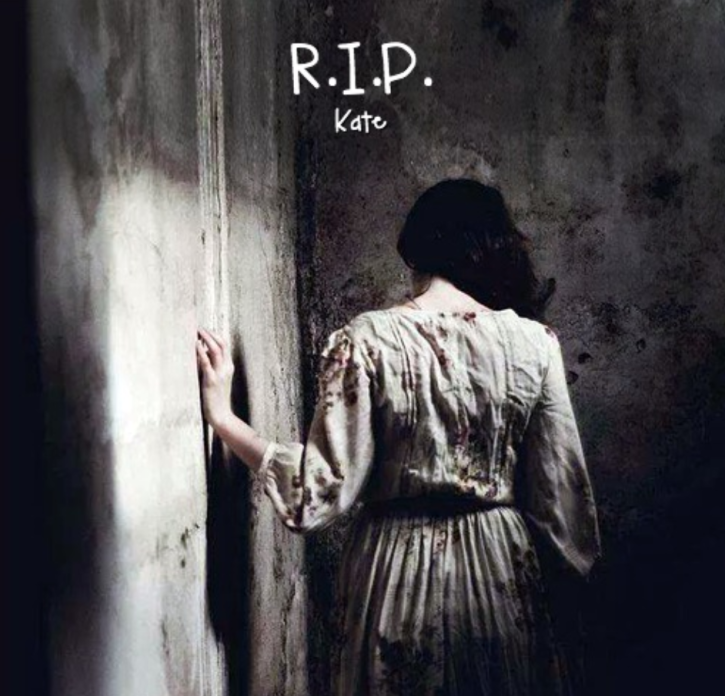
This piece was originally published on Quaerentem and has been reproduced with permission.
©2022
UPDATE
In the Year 18923, the new Council headed by the Workers’ Champions opened an inquiry into a particularly unpopular policy of the previous Council. This policy had insisted that if the very poorest of the citizens could not prove to the Council’s satisfaction that they’d never had more than a single bag of peanuts a fortnight to subsist on, they would be fined 12,000 bags of peanuts or spend 67 years in the dungeons. Which were guarded by sabre-toothed tigers. This was called the Fairness And Recognition of Kingdom Understanding, or FARKU.
The Council had been very pleased with this policy, which had reaped them a lot of peanuts and given the peasants a clear understanding of exactly where they stood in the hierarchy of the kingdom. Although some of the kingdom’s peanut-collectors had baulked, pointing out that the only way peasants could prove their peanut consumption was to obtain affidavits from everyone they had ever met since birth, and that many of these people could not provide said affidavits on account of now being dead, King Skum’s Ministers had responded by saying the peasants should have thought of this when they were born, and that they, the Ministers of the Crown, could not be held responsible for peasant fecklessness. And reminded everyone that the state of the Castle dungeons was such that they now required crocodiles to clean up the sabre-toothed tiger shit.
When the Workers’ Champions were elected, they showed a pleasing predilection for vindictiveness. They opened an Inquiry into FARKU and stocked it with Royal Lawyers with deceptively mild-mannered faces who had actually all been raised on sabre-tooth tiger milk, and had advanced weapons training in Sarcasm, Bullshit Detection, and Attention to Detail.
To date, the Royal Lawyers have spilt so much blood that the dungeon crocodiles have been brought up to lick the Inquiry room’s floors clean after every session, thus providing a neat solution to the disposal of certain soulless peanut-collectors.
Speaking of whom, it is expected that in the next week or two, the former-prince Christian of West Hale will be called to give testimony as to his part in the FARKU debacle. As it is said that his speech these days is limited to the phrases “I never” “I wouldn’t” “we didn’t” “she’s crazy” and “I forget” this is expected to be something of a bloodbath. Their neighbours say the sound of the Royal Lawyers sharpening their teeth on metal grinders can be heard throughout the night.
Stay tuned.
Like what we do at The AIMN?
You’ll like it even more knowing that your donation will help us to keep up the good fight.
Chuck in a few bucks and see just how far it goes!
Your contribution to help with the running costs of this site will be gratefully accepted.
You can donate through PayPal or credit card via the button below, or donate via bank transfer: BSB: 062500; A/c no: 10495969

